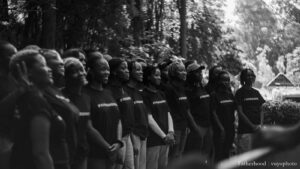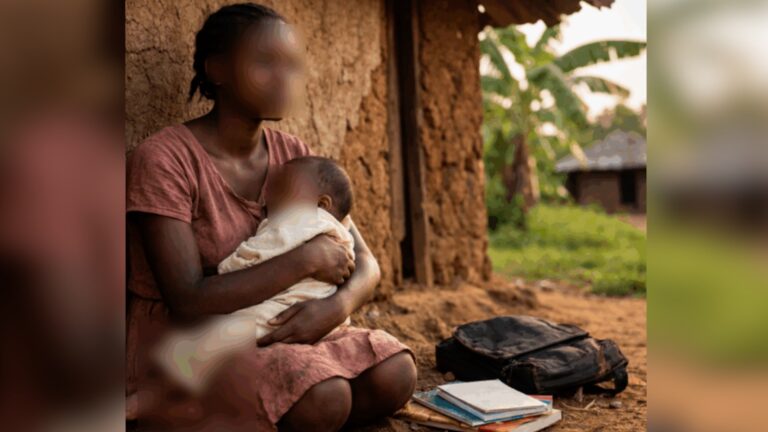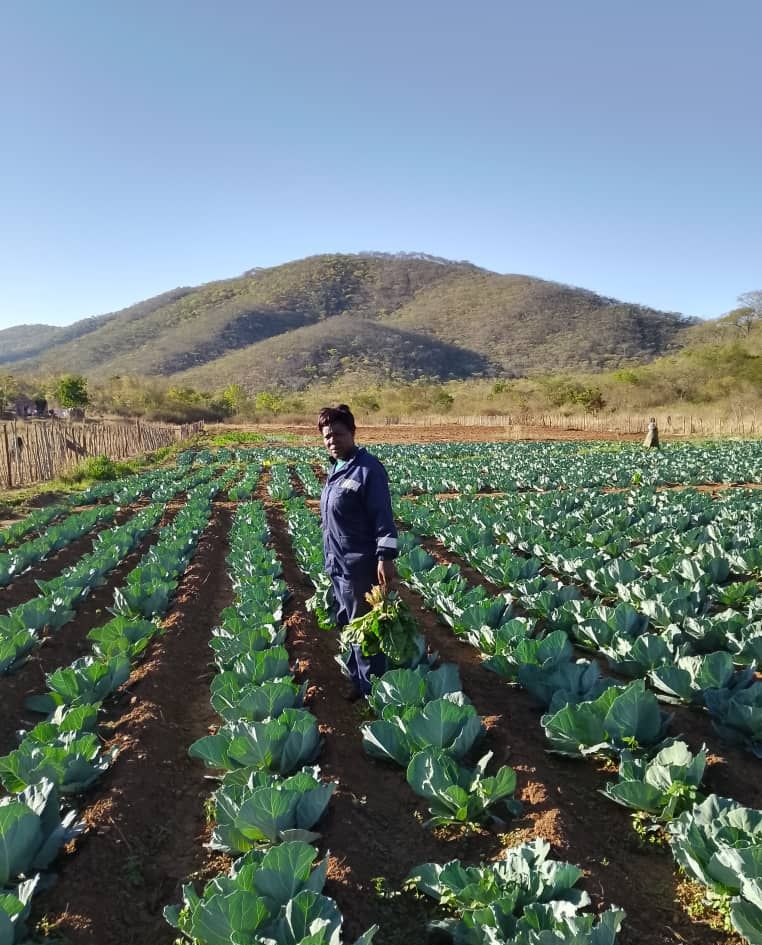Female filmmakers are changing the narrative in Kenya’s film production. One remarkable example is Fatherhood, a film created entirely by an all female crew. Shot in Kenya, the story explores a rare father and daughter relationship in an African setting, told through the voices and vision of women from across the world.
Wanjiku Wahome, the producer of the film, says it was an honour to lead such a project. The script was directed by Brenda Amisha, a Ugandan filmmaker, while Equalizer documentary was directed by Brenda Maina, with roots in both Kenya and South Africa.
“It was amazing because I have never seen a film that is fully done by women. Fatherhood is the first in Kenya,” Wahome shared with pride.
Wahome has always been drawn to African documentaries. But after watching many of them, she noticed something was missing.
“I kept checking the credits and saw that there was no film produced entirely by women. That is when we felt we were doing something really bold and important,” she said.

Still, the idea was not welcomed by everyone. Wahome remembers how many people believed it would not work. Some said the post production, sounding part, could not be done without men.
“At first they thought it was not possible. But after we shot the film, they were surprised. So it is possible after all,” she said.
Fatherhood brought together women from across different regions. The director is from Uganda, the director of photography is from Burundi, the costume manager is from Nigeria, and the music composer is from Germany. The film took on a strong African feel, but with a global heartbeat.
According to Wahome, choosing only women for every role was a deliberate decision. This was not just about making a film. It was about building a movement.
On set, there was a strong sense of unity. Nobody pulled rank. There was mutual respect and a sense of shared purpose.
“The men who helped with behind the scenes were cheering us on. It really felt like a girls’ moment. Everyone worked well together. The flow was easy and encouraging,” Wahome said.
Despite that positive energy, funding the project was not easy. Wahome says the biggest challenge was finding people willing to support their idea financially.
“The struggles were just like those faced in any other production. But the hardest part was getting funding,” she said.
Even after the film was completed, another challenge appeared. Many Kenyans were simply not showing up to watch it. Wahome says this lack of interest in locally made films is worrying.
“I tried pulling people to come and watch. But they are just not appreciating it. This is not only a rural problem. It is the same in the city,” she said.
She recalled attending Kitale Film Week in February, where entry was free but few people turned up. For Wahome, it confirmed a belief that support for African content must begin from within.
“We have to start from home. Let us watch and promote our own stories as families first. That is the only way this will grow,” she said.
Wahome believes too many people chase after Hollywood stories and fail to support powerful films made by African creators. For her, Fatherhood is more than just a film. It is a platform for empowerment and inspiration.
“We made this to create space for ourselves. We were not going to sit and wait for anyone to offer us opportunities. This is a women empowerment project,” she said.
The idea was inspired in part by the director of Nawi, a film that highlighted the voices of women and the issue of early marriages in Turkana. That film went on to be nominated for an Oscar.
At the Kitale Film Week, the CEO of the Kenya Film Commission urged filmmakers to embrace technology as a tool for growth. He also said he would push for county governments to support emerging local talents.
Wahome and her team believe this is just the beginning. Their dream is to bring more African women into film, not just in Kenya but across the continent.



